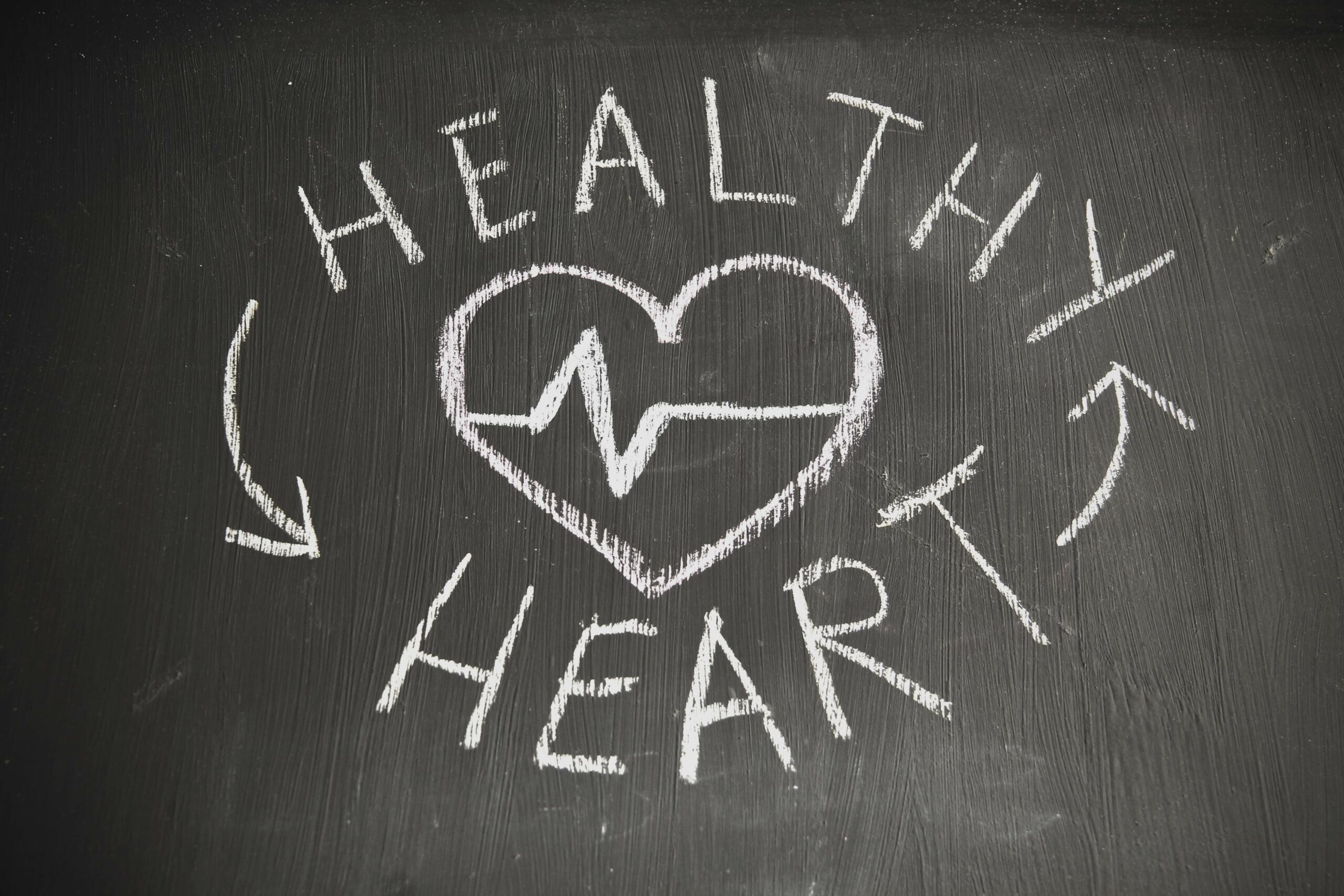
It’s American Heart Month, and when we think about “getting healthy” in the new year, a prime concern should be taking care of your heart. Cardiovascular disease, which includes heart disease, stroke and high blood pressure, is the No. 1 killer of women and men in the United States, according to a 2014 report from the American Heart Association. It’s also the leading cause of disability, preventing people from working and enjoying time with family and friends.
One of the troubling things about cardiovascular disease is that it’s often preventable. Having a close relative with cardiovascular disease puts you at greater risk, but many deaths could have been avoided through healthier habits and better management of conditions like high blood pressure and diabetes. Cardiovascular disease is especially a problem in Kentucky, which has high rates of diabetes, as well as smoking and obesity.
And it’s a big problem for women: Long thought to be a disease primarily affecting men, cardiovascular disease actually kills more women on an annual basis. More women die from cardiovascular disease than all types of cancer combined, including breast cancer. Their symptoms of cardiovascular disease also often differ from men’s – such as back or jaw pain instead of the crushing chest pain men describe – and they may write them off as stress, putting their own health aside as they care for their family.
Here are some ways to be good to your heart in 2015, and limit your risk:
Get a checkup. You should do this at least once a year, even if you feel fine. Conditions that put you at risk for cardiovascular disease, such as high blood pressure and diabetes, can be detected and treated before they are big problems down the road. While there, get your cholesterol checked. This simple blood test should be done at least once every 5 years.
Follow doctor’s orders. If you are diagnosed with diabetes, adhere to your treatment plan and monitor your blood sugar regularly. If you’re taking medication to treat high blood pressure, high cholesterol or another condition, follow the instructions carefully. Ask questions if you don’t understand something. If you have side effects, talk with your health care provider about your options.
Eat a healthy diet. Eating healthier can help you avoid cardiovascular disease. By limiting sodium, you can lower your blood pressure. Also be sure to eat plenty of fresh fruits and vegetables and foods high in fiber, and avoid foods high in saturated fat, trans fat and cholesterol. Not sure what a healthy diet looks like? Visit ChooseMyPlate.gov.
Maintain a healthy weight. Being overweight can increase your risk. Your doctor can help you determine whether your weight is in a healthy range. If you know your weight and height, you can calculate on your own at the CDC’s “Assessing Your Weight” web page.
Get regular exercise. Exercise can help maintain a healthy weight and lower cholesterol and blood pressure. The U.S. Surgeon General recommends adults participate in moderate-intensity activity at least 150 minutes a week. You can incorporate exercise into your day in different ways: For example, take the stairs instead of the elevator. Exercising with friends and family can be a great way to stay healthy and have fun.
Stop smoking. Cigarette smoking greatly increases your risk for heart disease. If you don’t smoke, don’t start. If you do, stop. Your doctor can suggest ways to help you quit.
Limit alcohol use. Avoid drinking too much alcohol, which can increase your blood pressure. Men should have no more than two drinks per day, and women no more than one.
Want to learn more about heart disease or want to see a physician about your heart health, click here.
Source: UofL Physicians; CDC.gov









